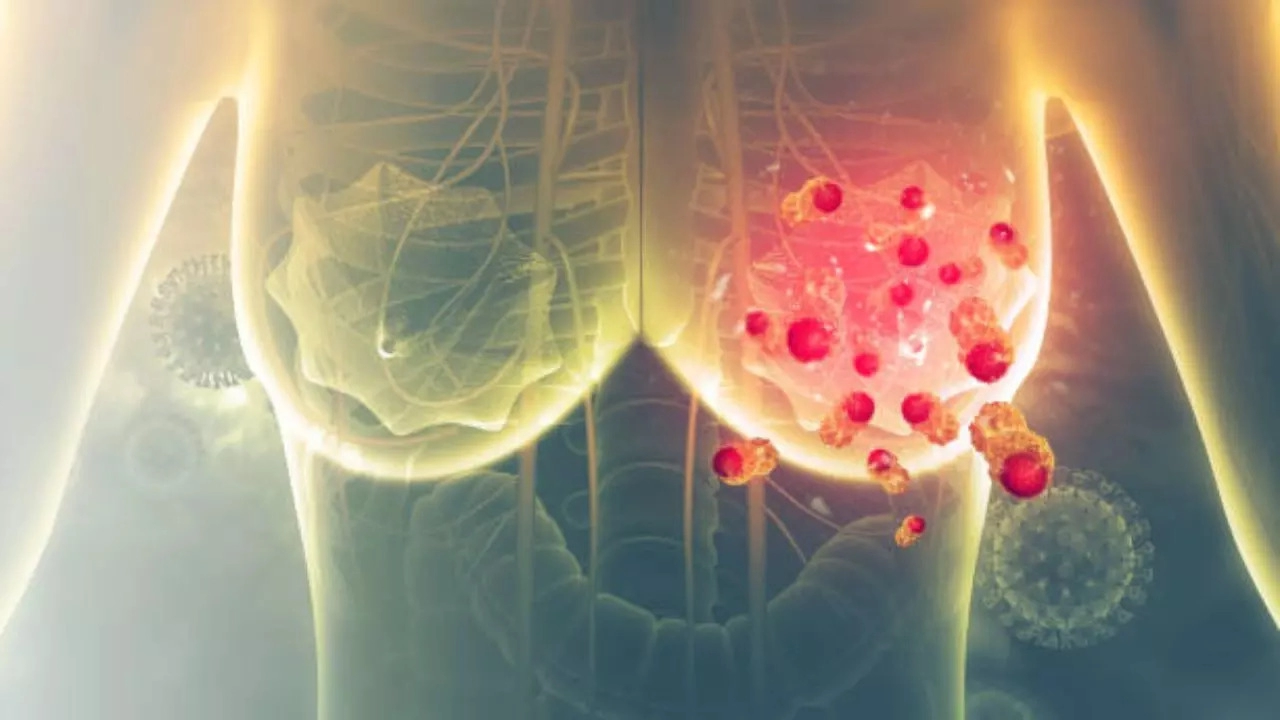Ashima Sharda Mahindra • 29 Jul 2024
Double Mastectomy To Beat Breast Cancer Will Not Improve Chances Of Survival, Study Reveals

Double mastectomy is usually performed to treat breast cancer or to prevent the disease in women at high risk of developing it
Many breast cancer patients who undertake double mastectomy as a precautionary measure do not benefit much – as it does not provide any advantage to sufferers when it comes to survival, a new study has revealed. The findings, published in the JAMA Oncology, are based on an analysis of more than 6,60,000 women diagnosed with breast cancer between the years 2000 and 2019.
Double mastectomy, also known as bilateral mastectomy, is a surgical procedure that removes both breasts, usually performed to treat breast cancer or to prevent the disease in women at high risk of developing it. The study says this procedure does not have an edge over those who have a less final lumpectomy, or a mastectomy.
Research says women opting for the latter had a 7 per cent chance of finding cancer in the other breast later on. The study, conducted for nearly 20 years, has shown similar death rates in all three groups - 8.5 per cent for lumpectomies, 9 per cent for mastectomies, and 8.5 per cent for double mastectomies.
What does a double mastectomy do?
According to the National Institutes of Health, having a double mastectomy can lower the quality of life. However, studies have said preventative measures for this procedure are worth considering – especially for women testing positive for the BRCA gene, which carries a higher risk.
You may be at higher risk of developing cancer if you are genetically predisposed or if you have had breast cancer before. So, under those circumstances, a complete mastectomy can help treat your current cancer and prevent a second cancer in the future.
What is breast cancer?
Breast cancer is one of the most common cancers that affect women when cancerous cells in breasts multiply and become tumours. According to studies, around 80 per cent of breast cancer cases are invasive, meaning a tumor may spread from your breast to other areas of your body.
Statistics show breast cancer affects one in eight women across the world. Mammograms are considered essential for early detection.
What causes breast cancer?
Experts say even though they are not sure what triggers breast cancer, several risk factors increase your chances of developing it, which include:
- Age
- Sex
- Family history
- Genetics
- Smoking and alcohol
- Obesity
- Radiation exposure
- Hormone replacement therapy
Signs and symptoms
Doctors say your breasts can be affected in different ways as some breast cancer symptoms are very distinctive, while others may seem like areas of your breast that look very different from any other area. It does not usually cause noticeable symptoms either, but a few are:
- A change in the size, shape, or contour of your breast
- A pea-sized mass or lump
- A lump that persists through your menstrual cycle
- A change in the look or feel of your skin on your breast or nipple
- A marble-like hardened area under your skin
- A blood-stained or clear fluid discharge from the nipple